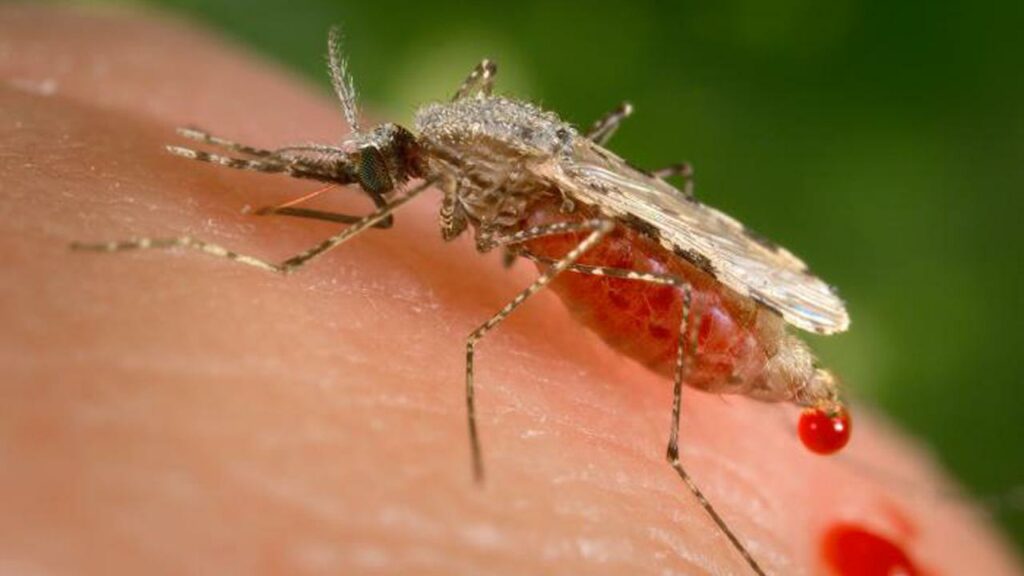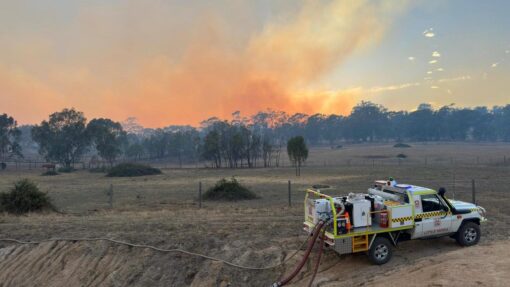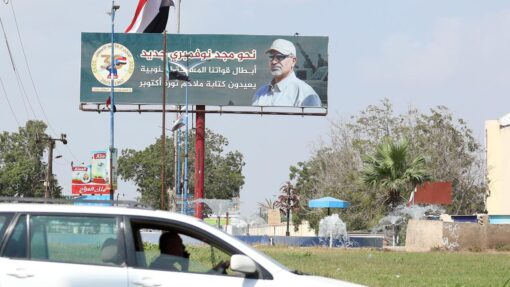Work needed to combat encephalitis spread
Emily Woods and Maeve Bannister |

Australia is expanding its Japanese encephalitis response, as an expert warns more work is needed to understand the virus’ impact on southern parts of the country.
The federal government on Friday announced a $69 million program to combat the mosquito-borne virus, which has grown to 17 known human cases in NSW, Queensland, South Australia and Victoria, including two deaths.
The government will launch a public information campaign and buy 130,000 additional vaccine doses to respond to the spread of the Japanese encephalitis virus in Australia.
The discovery of JEV in southern Australia has alarmed experts, as the last confirmed human cases were recorded in the tropical north in the mid-1990s.
The virus is spread by mosquitoes and can infect humans and animals, but cannot be passed from person to person.
Doherty Institute Infectious Diseases Physician Michelle Giles said more information was needed on how the virus is affecting the southern states and territories.
“Japanese encephalitis is not a new virus, it’s been around for a long time, but what’s new is the distribution in Australia and where we’re finding it,” she told AAP.
“It’s a virus that hasn’t previously been recognised in this part of the country, so we still don’t know how long it’s been here for and we don’t know how extensive its distribution is.”
She said more work was needed to find out the true number of people becoming infected with JEV, not just those who are symptomatic.
“The majority of people will be asymptomatic, or not know they’ve necessarily been infected or have mild symptoms,” Dr Giles said.
“If it’s one in 200 people who are getting encephalitis, that means there’s probably another few hundred people infected that you don’t know about.
“That’s really important work that needs to be done, to find out how many people might have been exposed without getting symptoms.”
To understand the spread, the government plans to enhance surveillance of mosquito and animal activities, model potential virus spread and undertake mosquito control, with $3.5 million to assist in human JEV testing.
About $5 million will be spent on an information and awareness campaign to help people understand how to protect themselves, and another $10 million will support state and territory agricultural response.
Dr Giles said this work would help inform whether vaccinations should be rolled out more widely.
“Other countries, where the virus is endemic, have vaccination programs for all children and some only have it restricted to those in particular areas or regions,” she said.
“It’s too early to know how broad (Australia’s) vaccination program might look in the future and who would be the populations. We need more information before we can make recommendations about that.”
Two JEV vaccinations are available in Australia, both previously used on people travelling to infected countries.
Dr Giles said one is a live attenuated vaccine, which is not recommended in people with low immune systems, pregnant women or children aged under nine months.
Those groups, including children aged over two-months-old, are eligible for the JEspect vaccine, which is given in two doses.
AAP


